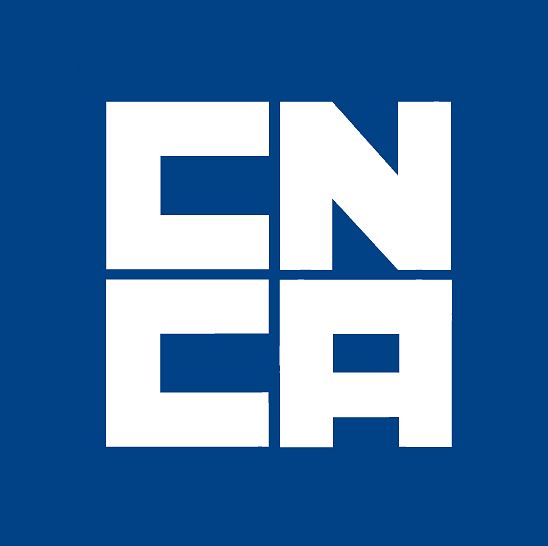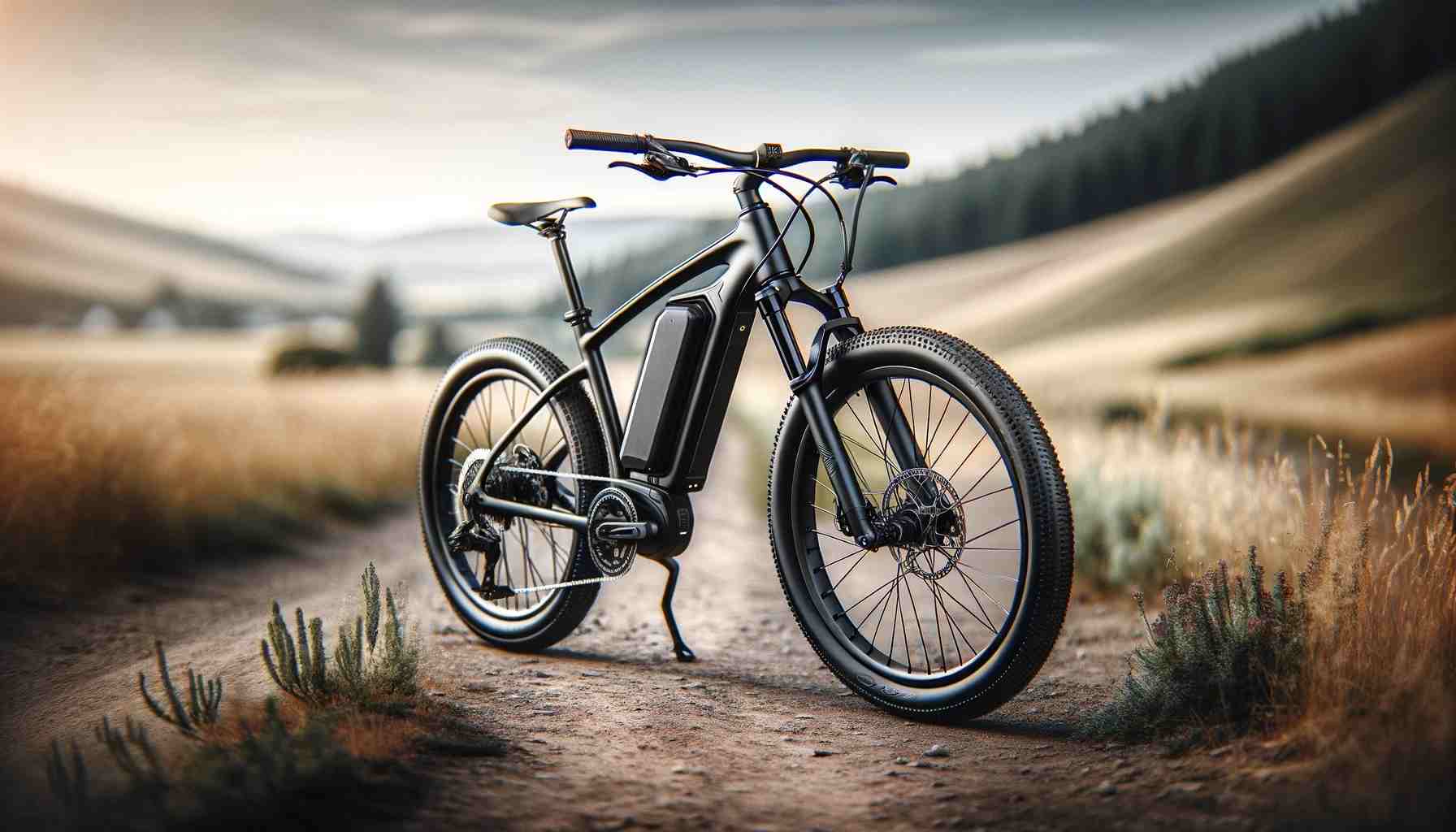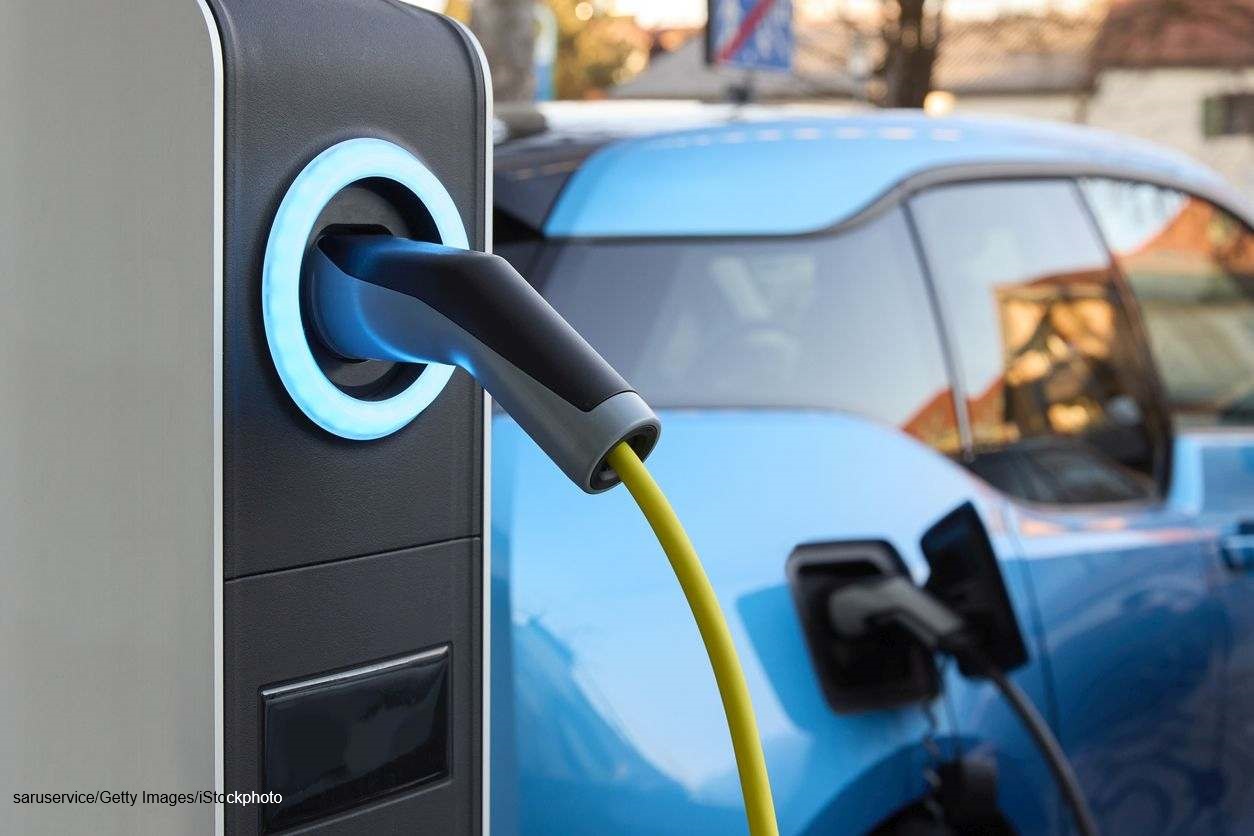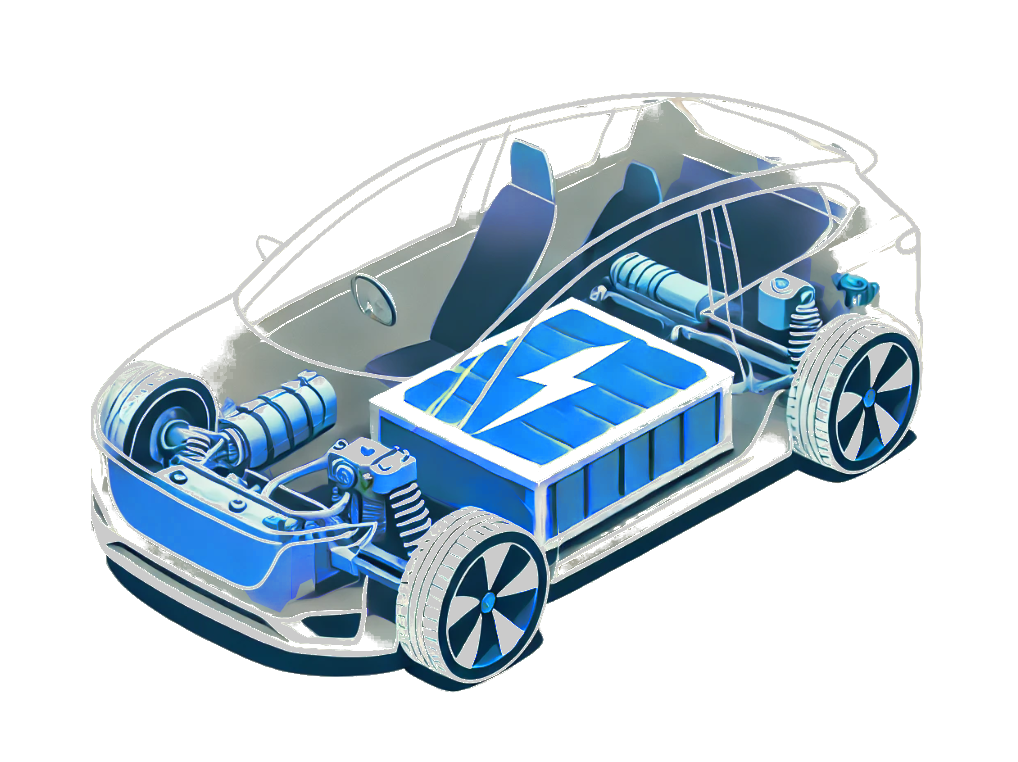Automotive companies face new challenges with more electric vehicles in the market
15. October 2019After about a decade of development work for the established car manufacturers, electric vehicles are ready for series production and are offered on the mass market. Now the hard work begins for the manufacturers: to find new buyers for their vehicles. Mr. Herbert Diess, Chairman of the Board of Management of the Volkswagen Group, called during a speech at the IAA 2019 in Frankfurt Germany, on governments to switch off coal-fired power plants and to focus on environmentally friendly energy sources and transportation solutions. At the fair, Volkswagen presented the ID3, an affordable electric vehicle suitable for everyday use for the broad mass of the people.
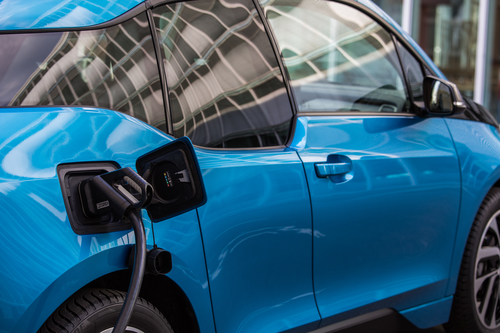
So far, car buyers have been relatively reluctant to purchase an electric vehicle as a new car. Many customers are concerned about the reliability and range, a sufficient network of power charging stations and the usually higher price of the electric drive compared to a conventional combustion engine. Currently, electric vehicles are mainly sold in markets or countries that subsidize them. Demand in China, the world’s largest market for electric vehicles, fell by a drastic 16 percent in August 2019 for the second month in a row after the government cut subsidies. Other markets have been hit similarly, such as Denmark’s electric vehicle market in 2016 after the government did not renew tax relief.
According to a car industry analyst, it has been talked about electric vehicles for a long time, but this year the first mass-produced models are appearing on the market. However, sales of plug-in hybrids and electric vehicles in Europe so far account for only 2 percent of newly registered vehicles. Many car manufacturers have no choice but to offer more environmentally friendly engines to meet the stricter emission requirements for their vehicle fleets. The Volkswagen ID3 could turn around the market and make electric drives more interesting. Volkswagen hopes to find many new buyers for this model with a base price of less than 30,000 euros and a range of up to 330 kilometres, which makes careful route planning and charging stops unnecessary for most common distances. In addition, the Ionity consortium consisting of Daimler, VW, Ford, BMW and recently joined Hyundai, increased its efforts to complete its network of 400 super-charging stations across Europe by next year. Meanwhile, the German government discussed further climate protection measurements which lead to hopes of German car manufacturers for higher subsidies. Despite the slight declines, China continues to be the largest sales market for electric vehicles alongside Germany and Europe. China therefore still is important for car manufacturers and suppliers who want to export their products to that market. This requires the obligatory China Compulsory Certification (CCC), for which we would be happy to advise you.
For more information on how CCC certification may affect your company, or for more information about CCC certification in general, the process, and the associated costs, please visit our website and our News Section where you will find current updates twice a week.
Please do not hesitate to contact us for further details and consultation. You can contact us via e-mail, or call us (UK: +44 2071931135, Rest of Europe: +49 69 2713769150, US: +1 773 654-2673).
You can also check out our free CCC-Brochure, which can be downloaded right here as a PDF file or you consult our book (in English) “A Brief Guide to CCC: China Compulsory Certification”, which can be found directly here on Amazon.
 |
Author: Julian Busch
Publisher: MPR China Certification GmbH Tel.: +49 69 271 37 69 150 E-Mail: info@china-certification.com |




